On August 3, the United Nations Security Council held an Open Debate on “Hunger and food insecurity due to conflict” chaired by US Secretary of State Antony Blinken (President of the Security Council in August 2023) with the participation and speeches of representatives of more than 80 United Nations member countries.
Speaking at the meeting, speakers from a number of international organizations and representatives of countries assessed that the world is facing the risk of food insecurity due to the intertwined impacts of traditional and non-traditional security factors, such as climate change, epidemics, armed conflicts, etc.
Regarding solutions, opinions suggest that it is necessary to strengthen the role of the United Nations, especially the Security Council, in preventing conflicts, strengthen the early warning system on food insecurity risks, strengthen the global food system in a more sustainable direction, and ensure access to food for civilians during conflicts.
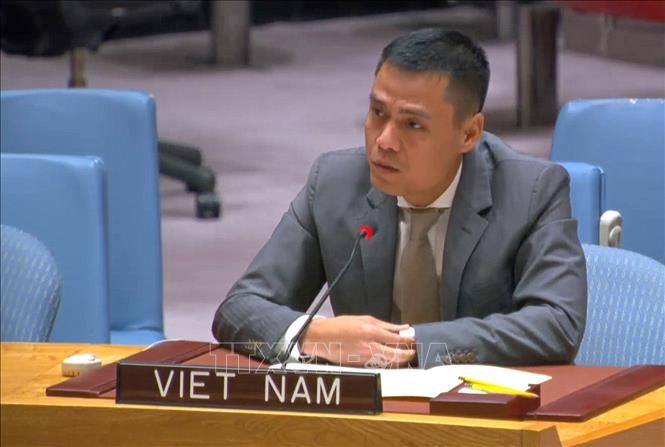 |
| Ambassador Dang Hoang Giang, Head of the Permanent Mission of Vietnam to the United Nations, speaks at the discussion session. Photo: VNA |
Speaking at the Discussion Session, Ambassador Dang Hoang Giang, Head of the Permanent Delegation of Vietnam to the United Nations, emphasized that recent reports and discussions at the 43rd Conference of the Food and Agriculture Organization of the United Nations (FAO) held in Rome (Italy) last July showed that the world is facing increasing challenges in food security.
While most sectors have recovered to varying degrees from the pandemic, food insecurity continues to be a persistent problem in many parts of the world, especially in conflict zones. A stronger commitment and concerted efforts from the international community are needed to end the vicious cycle of conflict and poverty.
Stressing that the most effective way to prevent famine in conflict zones is to prevent violence and build peace , Ambassador Dang Hoang Giang said the Security Council needs to play a more effective role in addressing the root causes of conflict, thereby minimizing the risk of food insecurity due to conflict.
The representative of Vietnam called on the parties to the conflict to respect the United Nations Charter and international law, especially international humanitarian law, and not to destroy infrastructure essential to the survival of civilians, especially women and children, as stipulated in Resolution 2573 proposed by Vietnam when it was the President of the Security Council in April 2021. At the same time, the Security Council needs to coordinate more closely with specialized agencies such as FAO, the World Food Programme (WFP) and international partners to address hunger in conflict areas, cooperate with regional organizations to enhance the resilience of food systems and ensure global supply chains.
Ambassador Dang Hoang Giang affirmed that food security is both a goal and a solution for Vietnam's socio-economic development, prioritizing the development of low-emission agriculture that is resilient to the impacts of climate change, with the desire to make Vietnam a center for food innovation in the region.
Ambassador Dang Hoang Giang emphasized that Vietnam is committed to continuing to make positive contributions to global food security, through maintaining stable exports of rice and other agricultural products; and is ready to work with the international community to address food insecurity caused by conflicts.
VNA
* Please visit the International section to see related news and articles.
Source


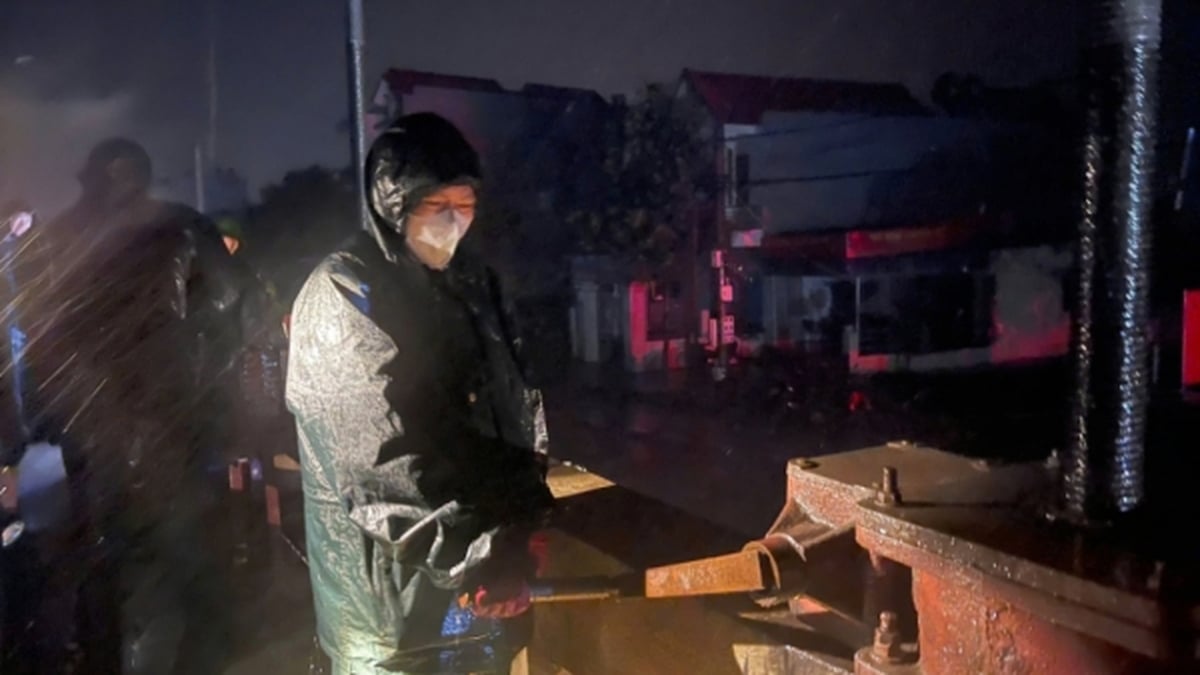
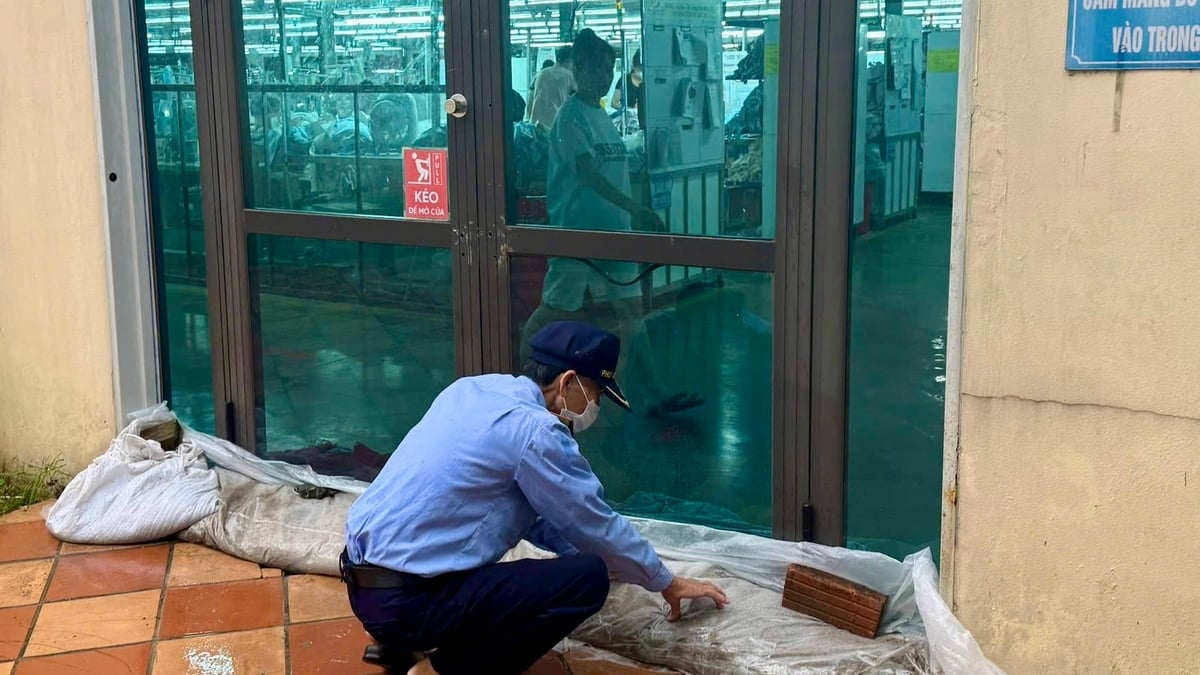
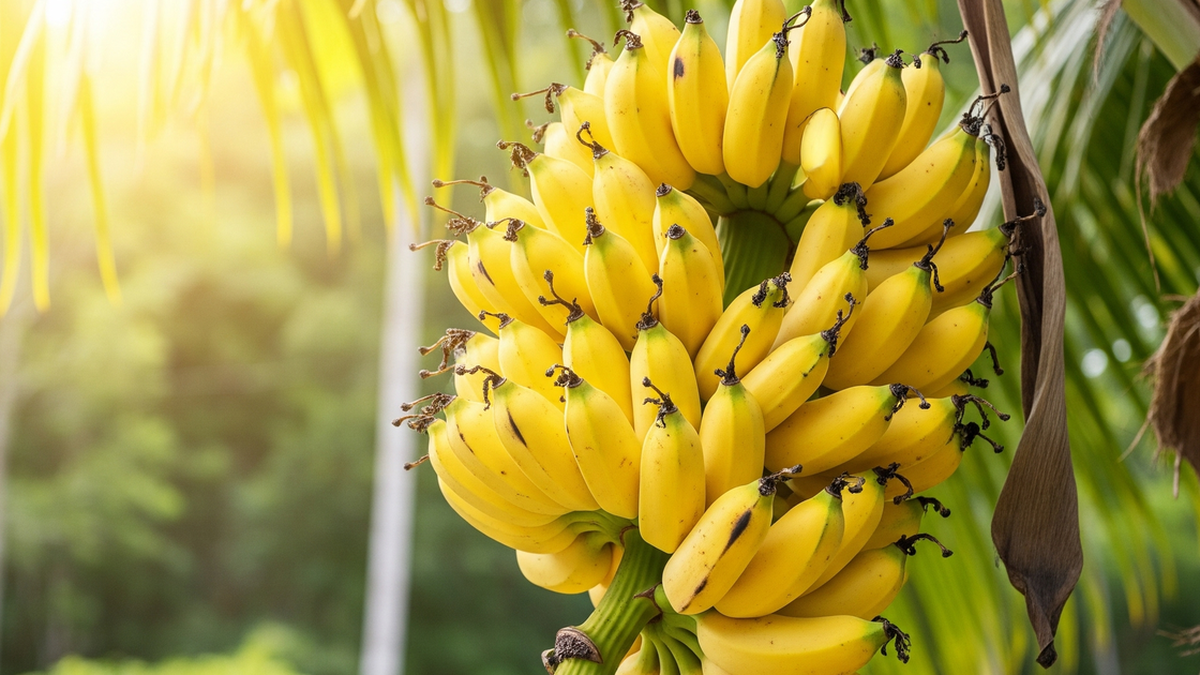
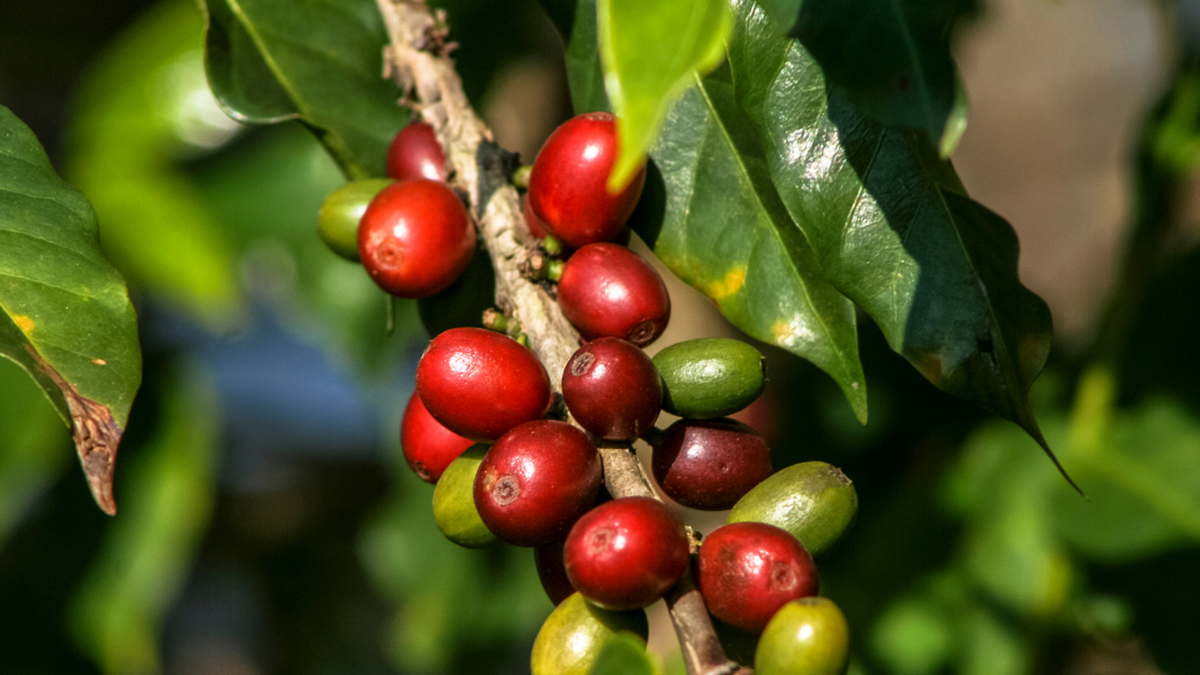

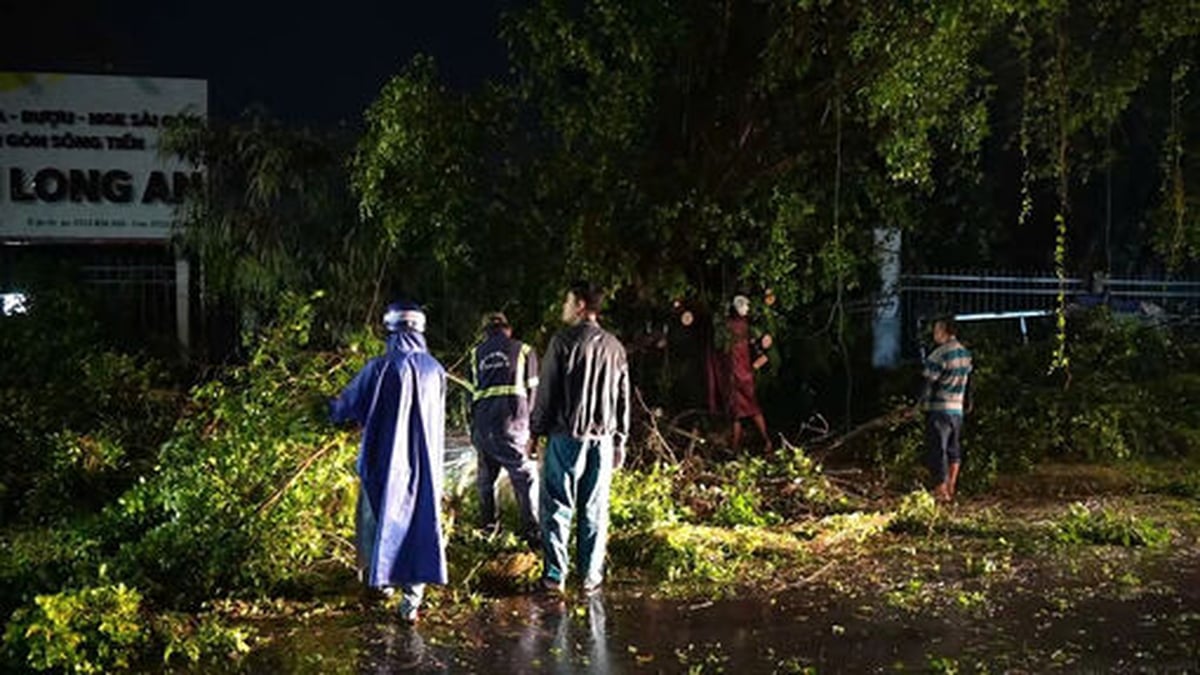
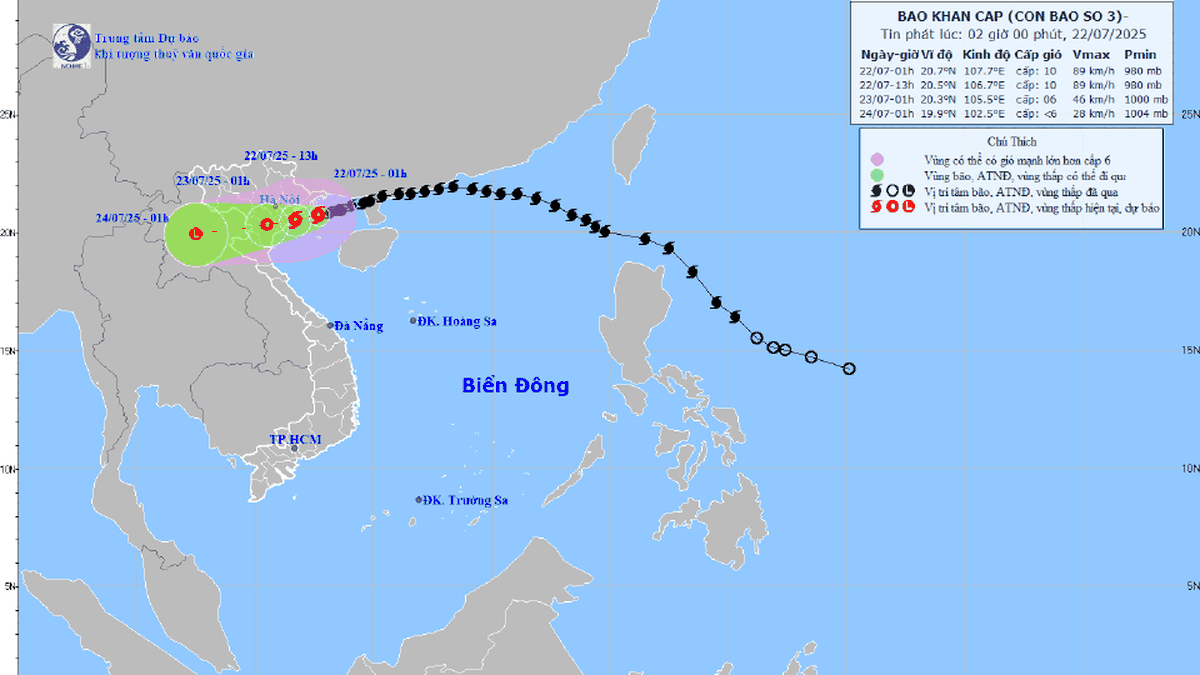
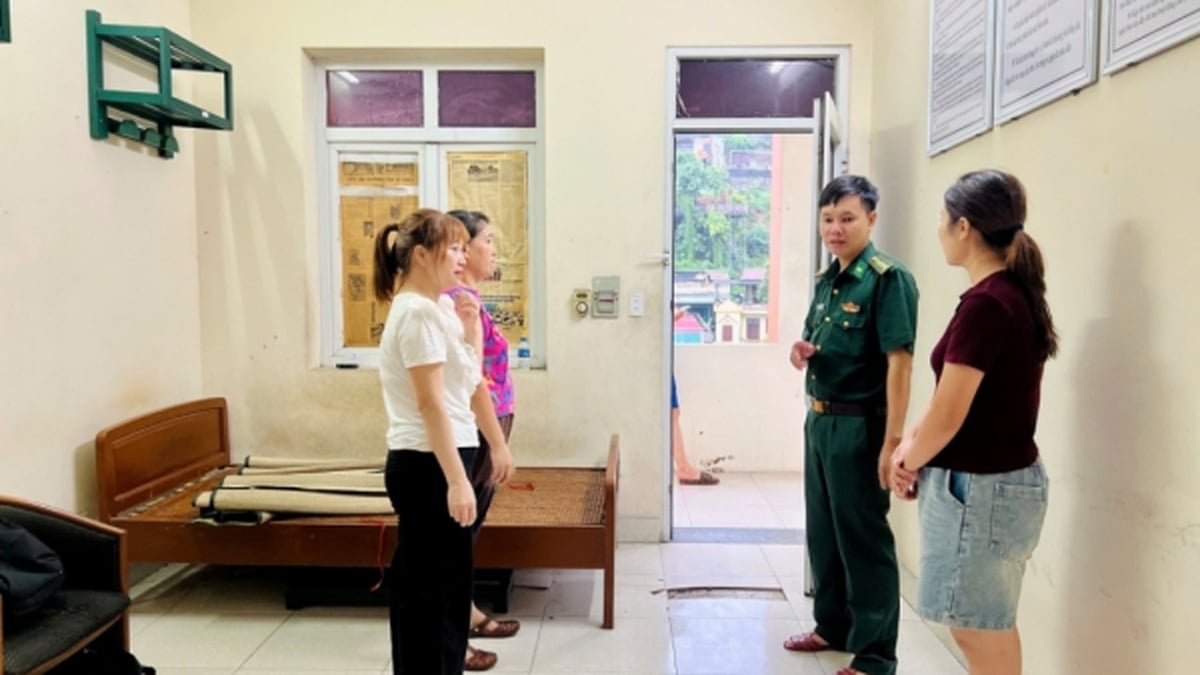

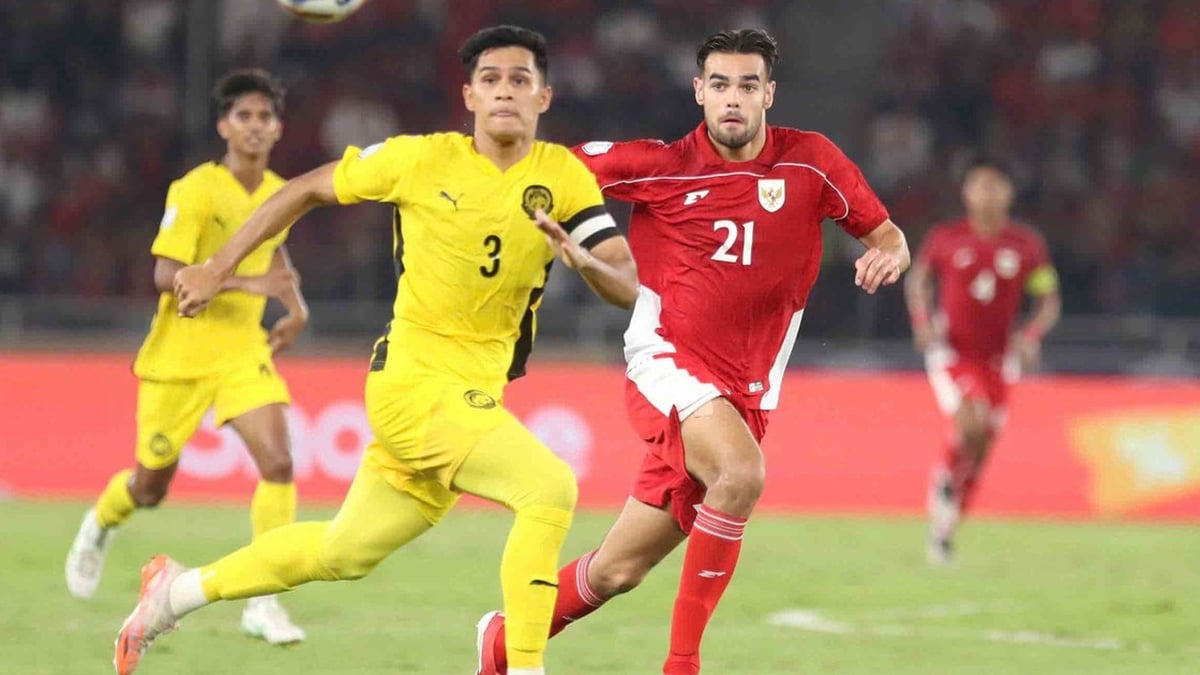












![[Photo] National Assembly Chairman Tran Thanh Man visits Vietnamese Heroic Mother Ta Thi Tran](https://vphoto.vietnam.vn/thumb/1200x675/vietnam/resource/IMAGE/2025/7/20/765c0bd057dd44ad83ab89fe0255b783)













































































Comment (0)